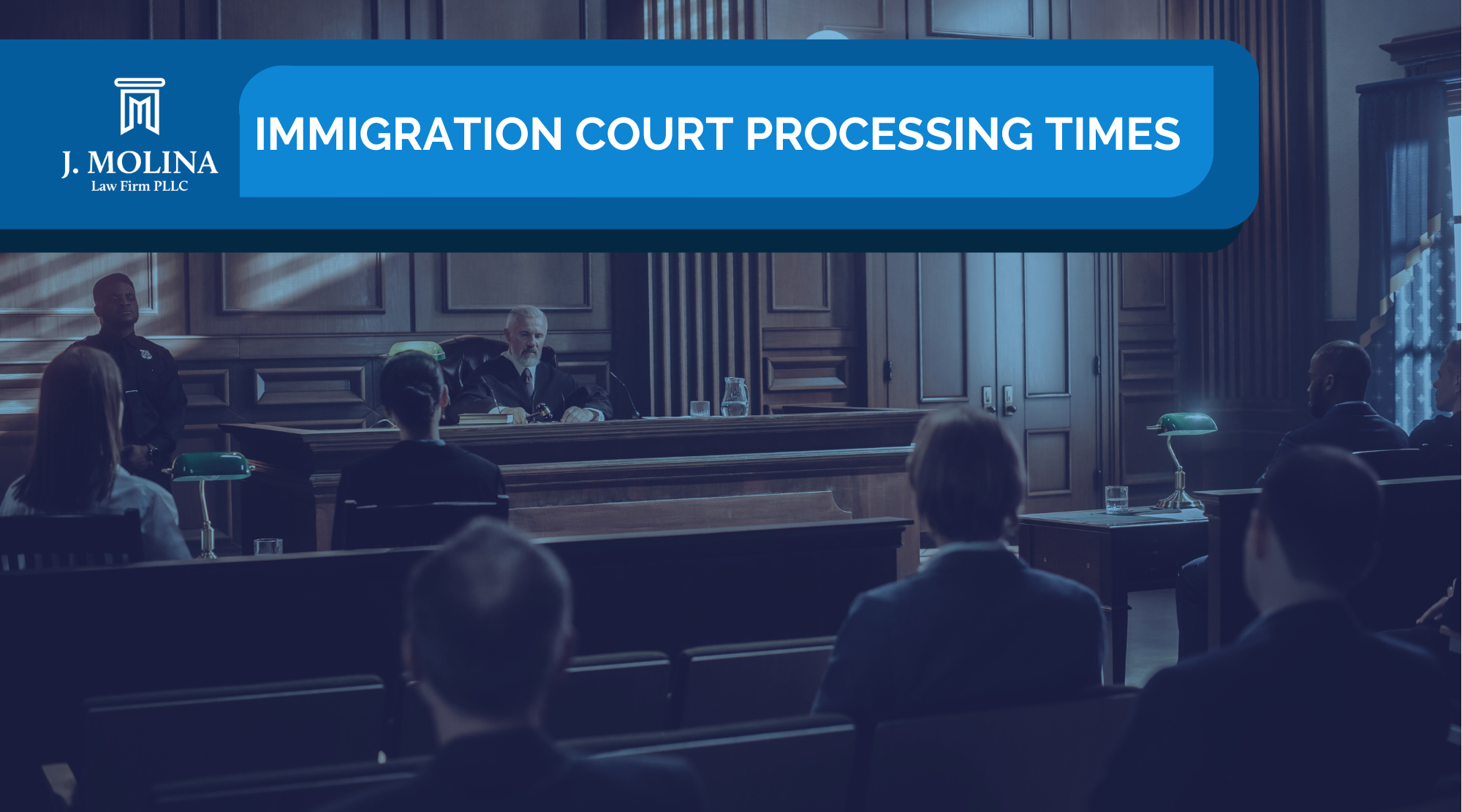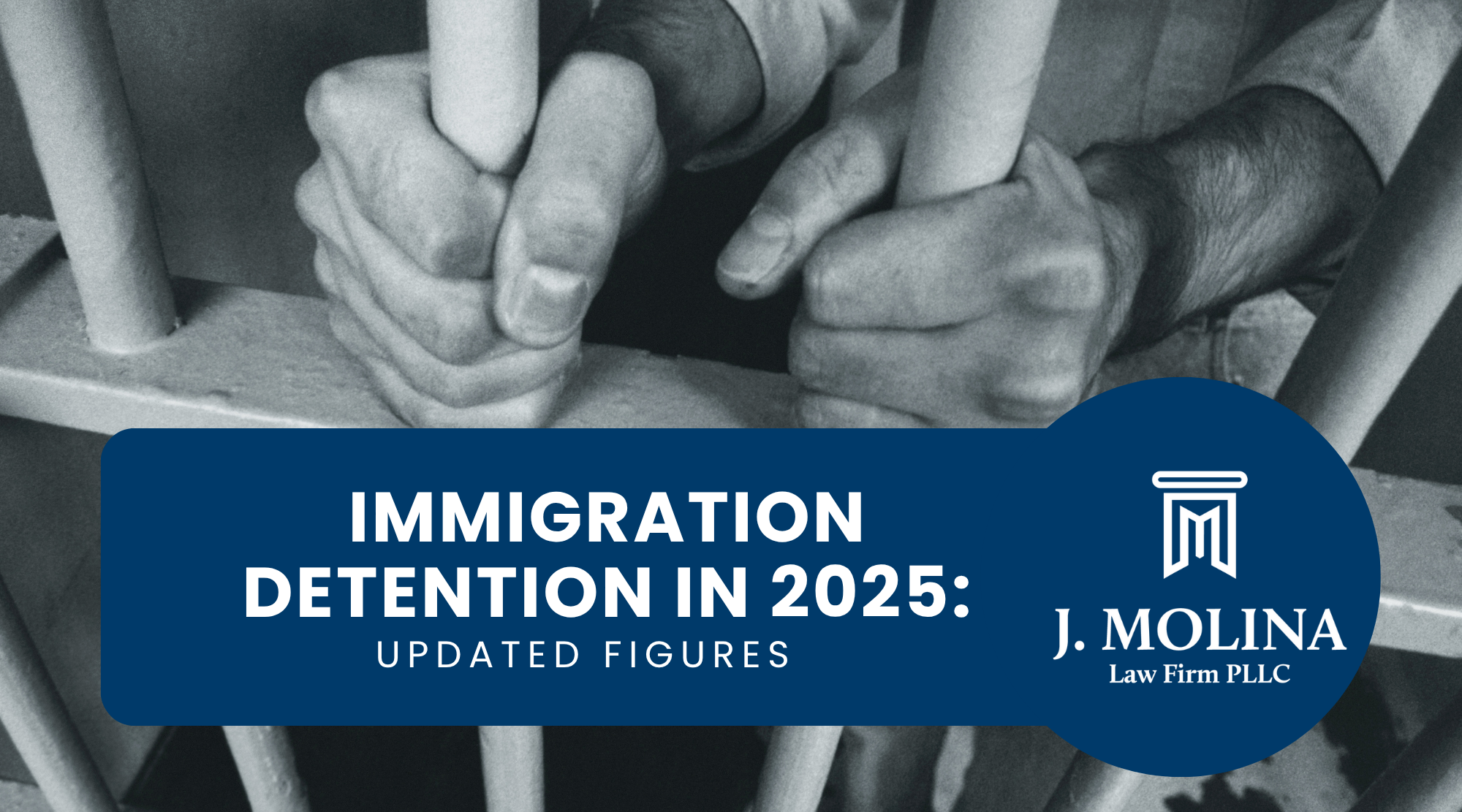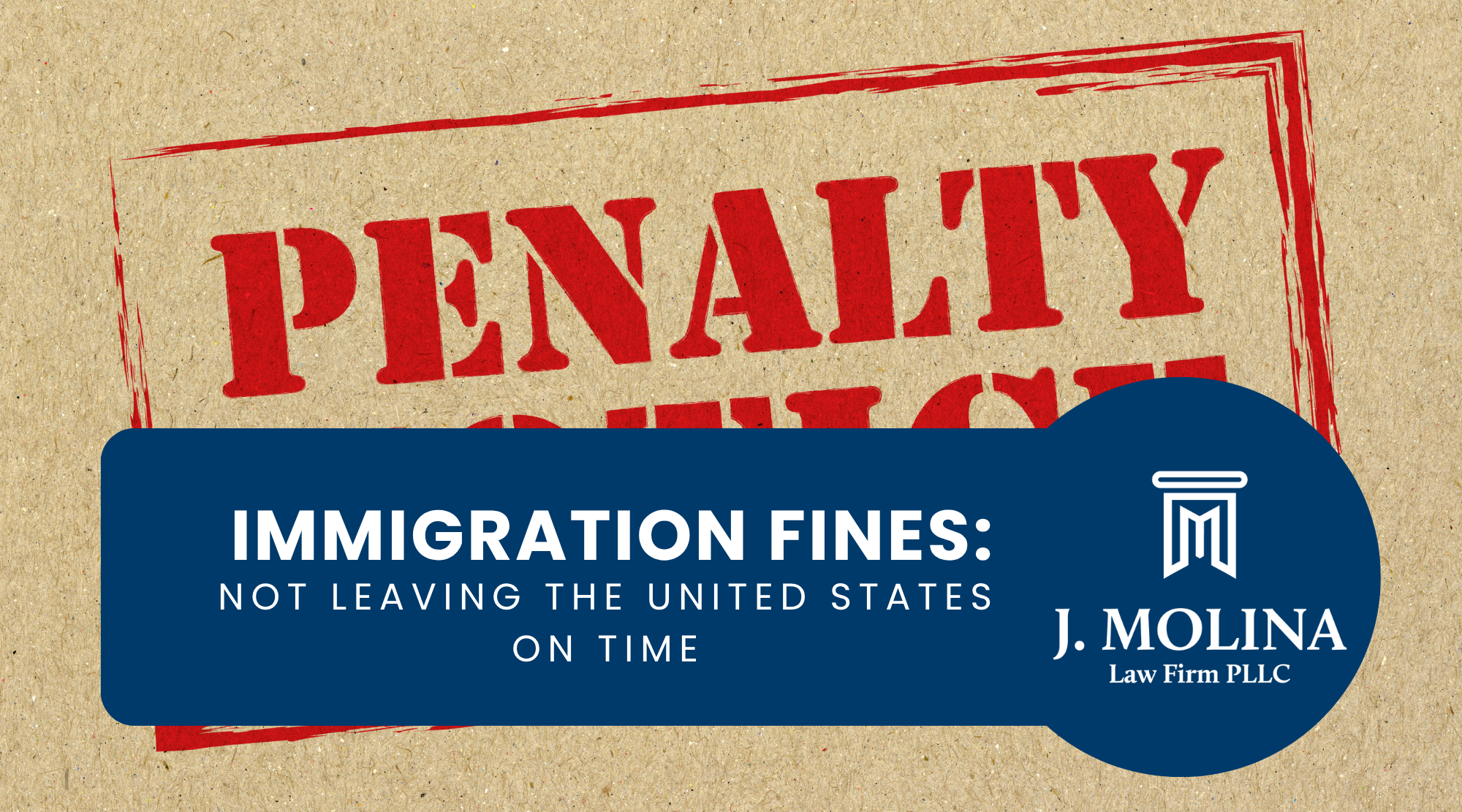The Immigration Court Process
The Executive Office for Immigration Review (EOIR) runs the immigration courts, and there are over 60 immigration courts throughout the United States. When an immigrant faces deportation or removal, their case is handled in one of these courts, overseen by a judge. The process usually begins with a Notice to Appear (NTA), which outlines the reasons for deportation. The individual has the right to argue their case, seek legal counsel, and present evidence.
When you receive a notice to appear in immigration court, the first hearing is often called a “master calendar hearing.” During this stage, you’ll attend a brief session where the immigration judge will check if your case is ready to proceed. Depending on your case, you might have to attend several hearings before you get to the final stage, known as an “individual merits hearing.” Here, the judge will hear your case in detail, consider evidence, and allow testimony from you and any witnesses.
At the initial hearing, the judge will decide whether the immigrant qualifies for relief, such as asylum or a cancellation of removal. If the case is more complicated, multiple hearings may be scheduled, which could extend the process further.
How Long Does It Take to Get a Decision?
The length of time it takes to complete a case in immigration court varies significantly. Factors such as the complexity of your case, the availability of judges, and even the location of the court can all affect the timeline. On average, cases can take several months to years to resolve due to backlogs in the court system. It’s important to stay patient and keep track of your hearing dates to avoid missing any important updates.
What Happens After Immigration Court?
Once a judge makes a decision, you’ll either receive an order of removal or permission to stay in the U.S., depending on your case. If the judge rules against you, you may have the right to appeal the decision. Appeals can further extend the time of your case. If you win your case, you may be eligible to apply for legal status or other immigration benefits, depending on your situation.
Need Help?
If you’re facing expedited deportation or any other immigration court matter, contact J. Molina Law Firm. Our experienced attorneys can guide you through the process and fight for the best possible outcome. Book a consultation today!



